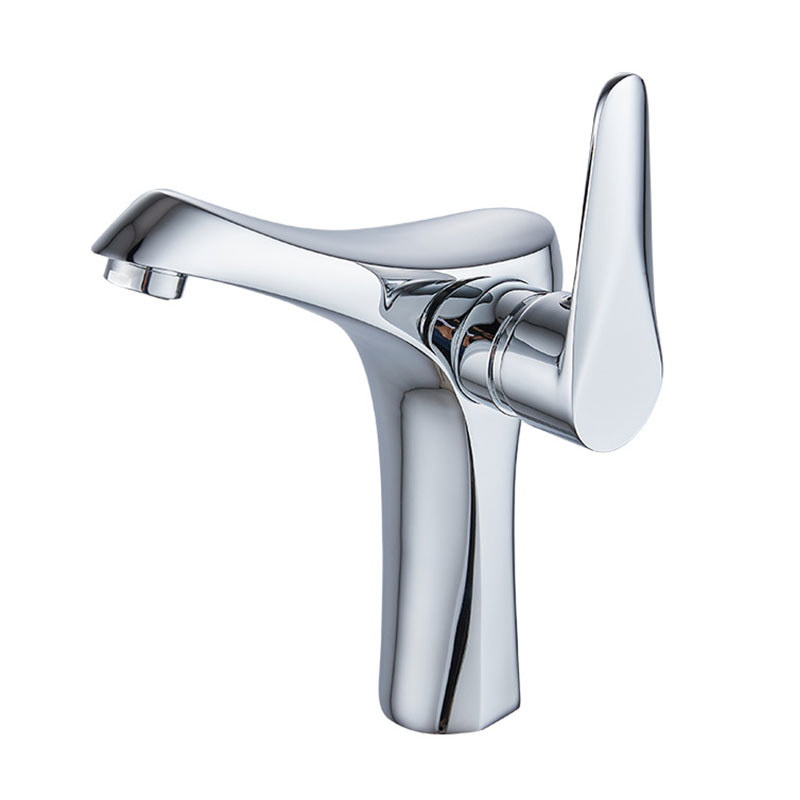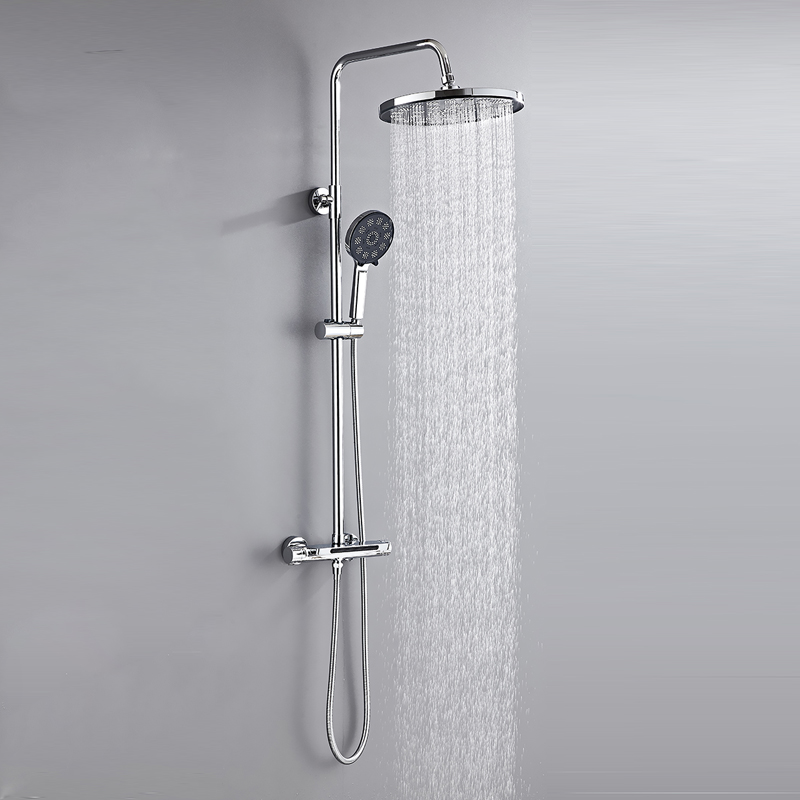Water is an essential resource for our daily lives, and ensuring its purity and safety is of utmost importance. With concerns about contaminants in tap water, many people turn to water filter faucets as a solution.
Do faucet filters actually work?
Water filter faucets are designed to remove impurities, such as sediment, chlorine, heavy metals, and other potentially harmful substances from tap water. These filters utilize various technologies, including activated carbon, reverse osmosis, and ceramic filtration, to achieve clean and healthy water for consumption.
How water filter faucets work?
Activated carbon filters are widely used in water filter faucets.
1. Activated carbon
Water filter faucets work by adsorbing impurities onto the surface of the carbon, effectively removing unpleasant taste and odor from the water.
Additionally, activated carbon can remove certain chemicals and organic compounds, making the water safer to drink.
2. Reverse osmosis filter
Reverse osmosis filters use a semi-permeable membrane to separate contaminants from water molecules, resulting in highly purified water.
Reverse osmosis filters are particularly effective in removing heavy metals, fluoride, and dissolved solids.
3. Ceramic filters
Ceramic filters consist of porous ceramic material that traps impurities while allowing clean water to pass through.
Ceramic filters are capable of removing sediment, bacteria, and other microorganisms, providing a reliable barrier against waterborne diseases.
In conclusion
Water filter faucets do work and offer a reliable solution for improving the quality and safety of tap water.
However, it's important to note that the effectiveness of water filter faucets may vary depending on the specific contaminants present in your tap water.
Some filters are better suited for certain impurities, so it's crucial to choose the right type of filter based on your needs.








